Bitget boosts security with Sumsub’s deepfake AI detection

Sumsub’s AI-powered deepfake detection and fraud prevention will go a long way toward ensuring both companies meet high security standards.

Cryptocurrency faces a rising threat from deepfakes, with sophisticated artificial intelligence (AI)-generated fake identities multiplying at an alarming rate.
To combat this, exchanges like Bitget are partnering with Sumsub, a leading Know Your Customer (KYC) verification provider, to enhance security and protect users.
In a statement, Bitget said the collaboration aims to secure its 25 million users worldwide by identifying and preventing deepfake scams with an over 99% accuracy rate. Sumsub will provide Bitget with identity verification, facial biometrics, non-doc verification and database validation.
Considering the recent 217% increase in deepfakes detected in the crypto sector from the first quarter of 2023 to the first quarter of 2024 and a staggering 245% rise across all industries, Sumsub’s AI-powered deepfake detection and fraud prevention will go a long way toward ensuring both companies meet high security standards.
Related: Blockchain can help eliminate cybercrime threats
The fear of deepfakes is well-founded and for good reason. These sophisticated identity frauds can bypass even the strongest security measures, leaving unsuspecting users vulnerable to financial ruin. The consequences include stolen identities, emptied accounts and a loss of trust in the crypto ecosystem.
Deepfakes in the crypto world
As the digital landscape evolves, AI-generated deepfakes pose significant challenges to the KYC paradigm, impacting various industries, including crypto. Recently, a platform called OnlyFake made headlines for allegedly bypassing the KYC protocols of several well-known cryptocurrency trading platforms.
In May, a fraudulent crypto exchange platform used AI-generated videos of Elon Musk and misleading information to promote crypto trading services. Hong Kong authorities closed in on the exchange found displaying AI-generated videos and images of Musk on its website and social media handles.
Related: Elaborate Elon Musk deepfake crypto fraud uncovered in Hong Kong
Additionally, the prevalent and easy availability of AI deep fake technology has caused alarm among cryptocurrency sector leaders, especially when ascertaining the reliability of video verification processes employed in specific identity validations.
Deepfakes outside crypto
However, the threat of deepfakes extends well beyond the crypto world. As AI technology advances, deepfakes are likely to infiltrate other industries, such as finance, healthcare and government.
Between Jan. 20 and 21, New Hampshire citizens reported receiving robocalls using the voice of United States President Joe Biden telling them not to vote in the Jan. 23 state primary election.
Related: Man behind AI-generated fake Biden robocalls is indicted
The incident prompted regulators in the U.S. to ban AI-generated voices used in automated phone scams, making them illegal under U.S. telemarketing laws.
Cointelegraph reached out to Bitget for more information on its partnership with Sumsub but did not received a response by the time of publication.
Magazine: Real AI & crypto use cases, No. 4: Fighting AI fakes with blockchain

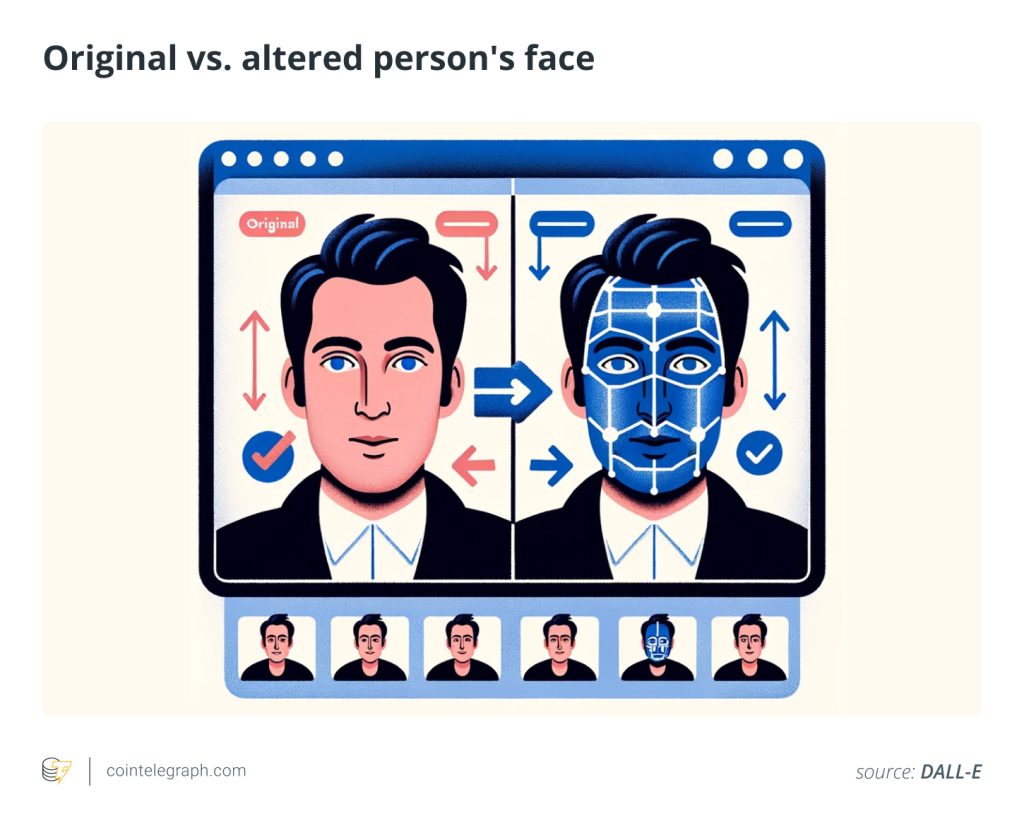
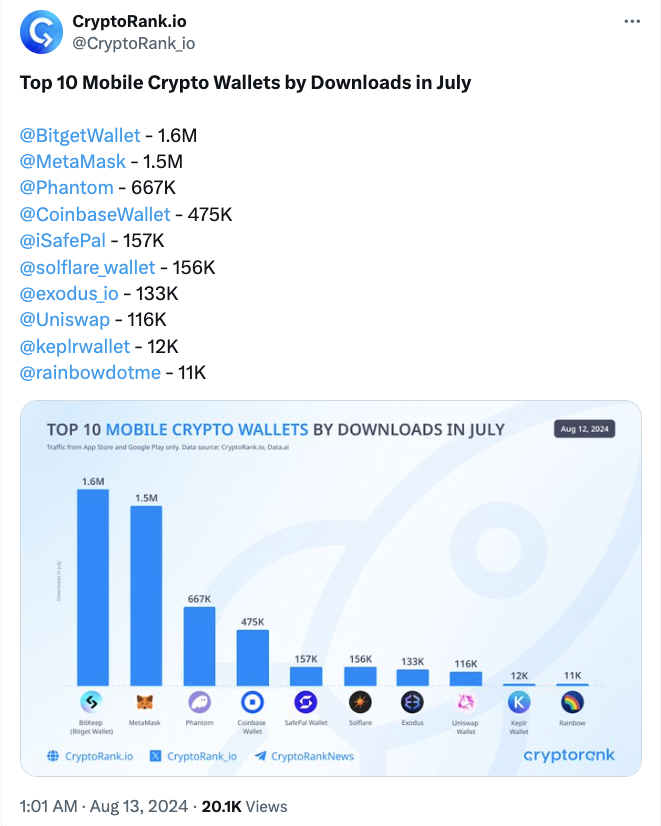
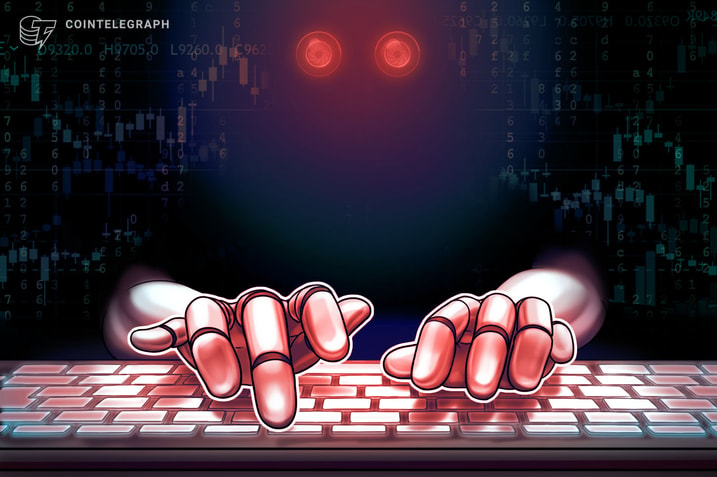
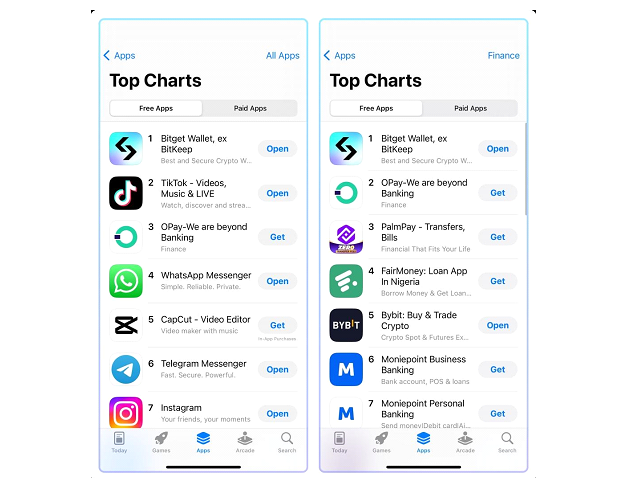
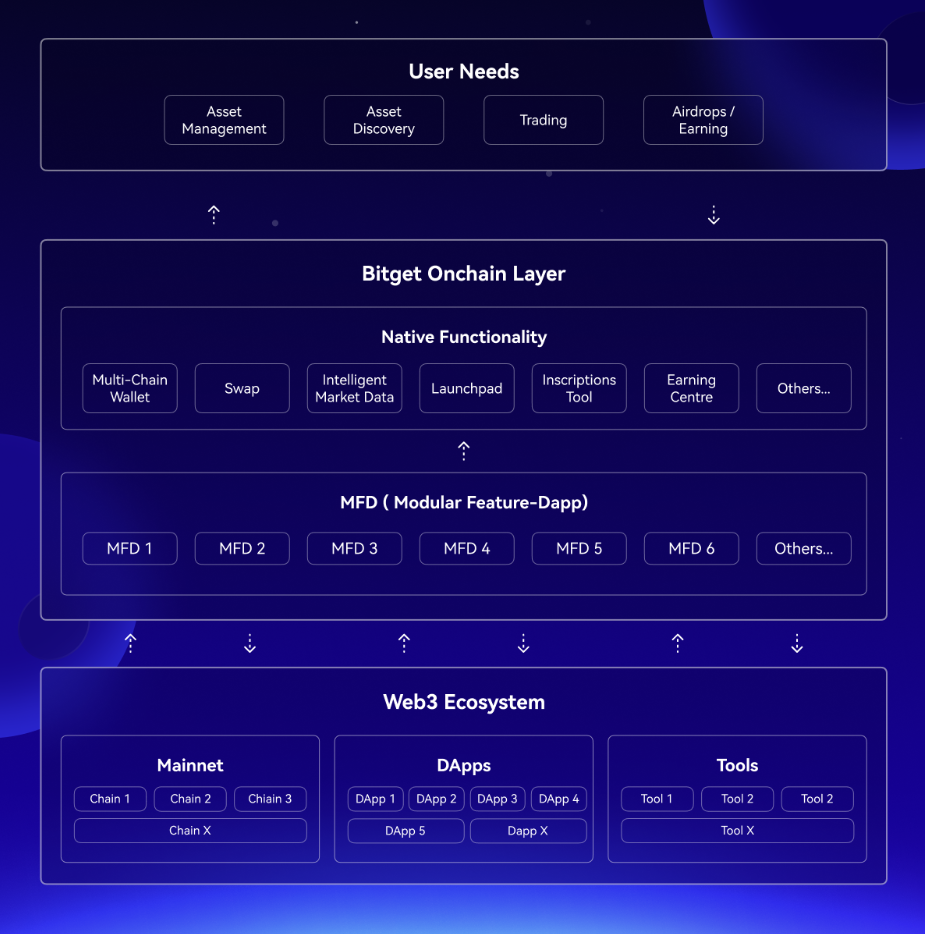
Responses